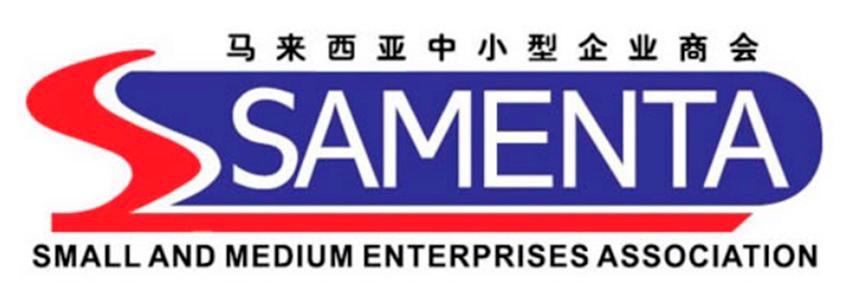PETALING JAYA: The timing and the manner of the implementation of the expanded Sales and Services Tax (SST) effective July 1 raise serious concerns for SMEs, said Small and Medium Enterprises Association Malaysia (Samenta).
Its national president, Datuk William Ng, said while the intention to strengthen government revenue is understandable, SMEs are seriously concerned as they are already under tremendous pressure.
“SMEs are currently navigating a challenging operating environment marked by high input costs, tighter consumer spending, and softening external demand,” he said, adding that the upcoming expiration of the United States’ reciprocal tariff pause on July 8 threatens to further dampen Malaysia’s export competitiveness and expose SMEs to retaliatory trade measures at a time they can least afford it.
Against this backdrop, Ng said, the expansion of SST without sufficient exemptions or a higher threshold for SMEs, risks compounding the cost burden on businesses that are least equipped to absorb it.
This impact is not limited to raw material costs but extends to rent and business-to-business services that will now fall under the SST’s expanded scope, he added.
These increases, Ng said, will almost certainly be passed on to consumers, further driving up the cost of living.
“We urge the government to urgently reconsider the threshold for SMEs to minimise the impact on SME profitability and consumer prices. Specifically, we call for an exemption for micro and small enterprises as defined by SME Corp. or at the very least, a revised threshold of RM2 million in annual turnover, up from the current RM500,000, to ensure that only medium and larger businesses fall within the expanded scope,” he said.
Ng also urged the Royal Malaysian Customs Department (RMCD) to issue sector-specific guidance immediately to help impacted SMEs determine their obligations under the expanded scope, without having to consult tax agents.
“Without clarity, many SMEs risk accidental non-compliance, despite the enforcement grace period until the end of 2025.”
He added that RMCD must also clarify whether, during this transition period, it is acceptable for businesses apply SST on the point of invoice, instead of point of collection.
“Many businesses would have issued invoice in prior months, creating uncertainty on tax liability under the expanded regime,” he noted.
Ng said Samenta supports the development of a fair, progressive and transparent tax framework that broadens the base while protecting the country’s entrepreneurial assets.
However, he added, this must be done in a calibrated manner, with genuine stakeholder consultation and alignment with current economic realities.
“While we were given a briefing on the expanded SST, we cannot consider it a consultation when it is presented as fait accompli,” said Ng.
In light of heightened global uncertainties and domestic economic fragility – factors that were not as pronounced when Budget 2025 was tabled, Ng said, Samenta believes that a higher exemption threshold for SMEs is economically prudent.
He said Samenta remains ready to collaborate with the government to ensure that fiscal reforms succeed without compromising the resilience and dynamism of the SME sector.









